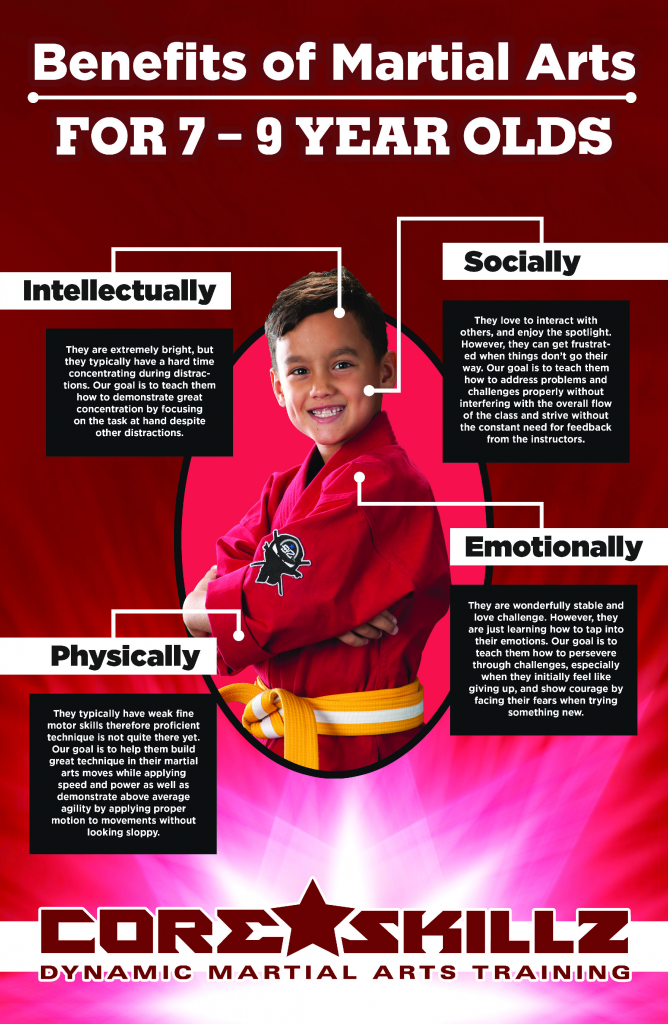Checking Out The Rich Heritage And Spiritual Dimensions Of Martial Arts: A Comprehensive Assessment
Checking Out The Rich Heritage And Spiritual Dimensions Of Martial Arts: A Comprehensive Assessment
Blog Article
is karate good for a child with adhd By-McGrath Francis
Step into the old globe where martial arts were substantiated of necessity in varied areas. Societies crafted unique combating designs intertwined with historic contexts. Strategies progressed over centuries with dedicated technique and social exchanges. Today, modern-day martial arts blend standard aspects for optimal efficiency. Philosophically, martial arts highlight self-control, self-improvement, and consistency. Regard, humbleness, and equilibrium are fundamental concepts guiding specialists in the direction of development and resilience. Explore the midsts of this rich history and ideology to reveal the profound impacts shaping this enduring technique.
Beginnings of Fighting Style
Martial arts originated in numerous regions worldwide, advancing as sensible fight systems to defend against risks. These old battling styles were developed out of requirement, with each culture crafting strategies fit to their distinct environments and challenges. From the grappling arts of Jujutsu in Japan to the striking strategies of Kung Fu in China, martial arts were deeply linked with the historical, social, and social textile of their corresponding cultures.
In Japan, the samurai course refined martial arts like Kenjutsu, the art of the sword, which later progressed into the a lot more popularized form of Kendo. At the same time, in Brazil, Capoeira became a blend of dance and fight, produced by enslaved Africans as a means to withstand injustice. Each fighting style carries with it a rich background and viewpoint, reflecting the values and ideas of the people that exercised them.
As you explore the origins of martial arts, you reveal a tapestry of human resourcefulness, strength, and the unrelenting spirit of warriors throughout time.
Evolution of Methods
With centuries of practice and improvement, battle strategies within numerous martial arts have undertaken a profound advancement. From ancient styles like Kung Fu and Karate to much more contemporary self-controls such as Brazilian Jiu-Jitsu and Krav Maga, the evolution of methods has been driven by a mix of social influences, functional applications, and technological improvements.
just click the following post of this advancement is the cross-pollination of methods in between different martial arts. For example, strategies from standard Japanese Jiu-Jitsu were integrated right into the development of Judo by Jigoro Kano in the late 19th century. This blending of designs has resulted in the growth of crossbreed martial arts like Mixed Martial Arts (MMA), which combine aspects of striking, grappling, and submission techniques.
Additionally, the evolution of strategies has been formed by the increasing emphasis on performance and performance in battle. https://miloemrye.loginblogin.com/36994943/enhance-your-reaction-time-and-mindfulness-with-self-defense-method-to-see-a-significant-enhancement-in-your-action-rate-and-psychological-abilities have actually constantly sought to refine their techniques with strenuous training, experimentation, and competitors, bring about the advancement of extremely specialized and reliable combating styles. Overall, the advancement of techniques in martial arts reflects the dynamic nature of fight and the recurring quest for improvement and advancement.
Philosophical Foundations
Checking out the underlying thoughtful principles of martial arts provides insight into their core worths and directing ideas. At the heart of many martial arts self-controls is the principle of discipline itself. By educating your body and mind to function as one cohesive system, you cultivate technique that expands beyond the dojo or gym into daily life. visit website includes regard, humility, and self-control, shaping not simply your physical capacities but also your personality.
Another essential philosophical structure in martial arts is the idea of continuous self-improvement. The journey of mastering a fighting style is nonstop, with practitioners regularly striving to much better themselves, both literally and mentally. This focus on development cultivates resilience, perseverance, and a development attitude that can be applied to all elements of life.
Furthermore, martial arts emphasize the significance of consistency and equilibrium. Methods are created to make use of a challenger's power versus them, highlighting the principle of producing and rerouting pressure as opposed to fulfilling it head-on. This ideology extends to interpersonal connections, promoting relaxed resolutions and mutual understanding. By welcoming these philosophical foundations, martial artists not only improve their fight skills however additionally cultivate a lifestyle fixated personal growth, respect, and consistency.
Conclusion
In conclusion, the background and philosophy of martial arts use a rich tapestry of custom, discipline, and self-improvement.
Take for example the tale of Bruce Lee, that transformed martial arts by blending various designs and approaches to produce his own one-of-a-kind type of Jeet Kune Do.
Via commitment and innovation, martial artists remain to push boundaries and inspire others to reach their full capacity both in combat and in life.
